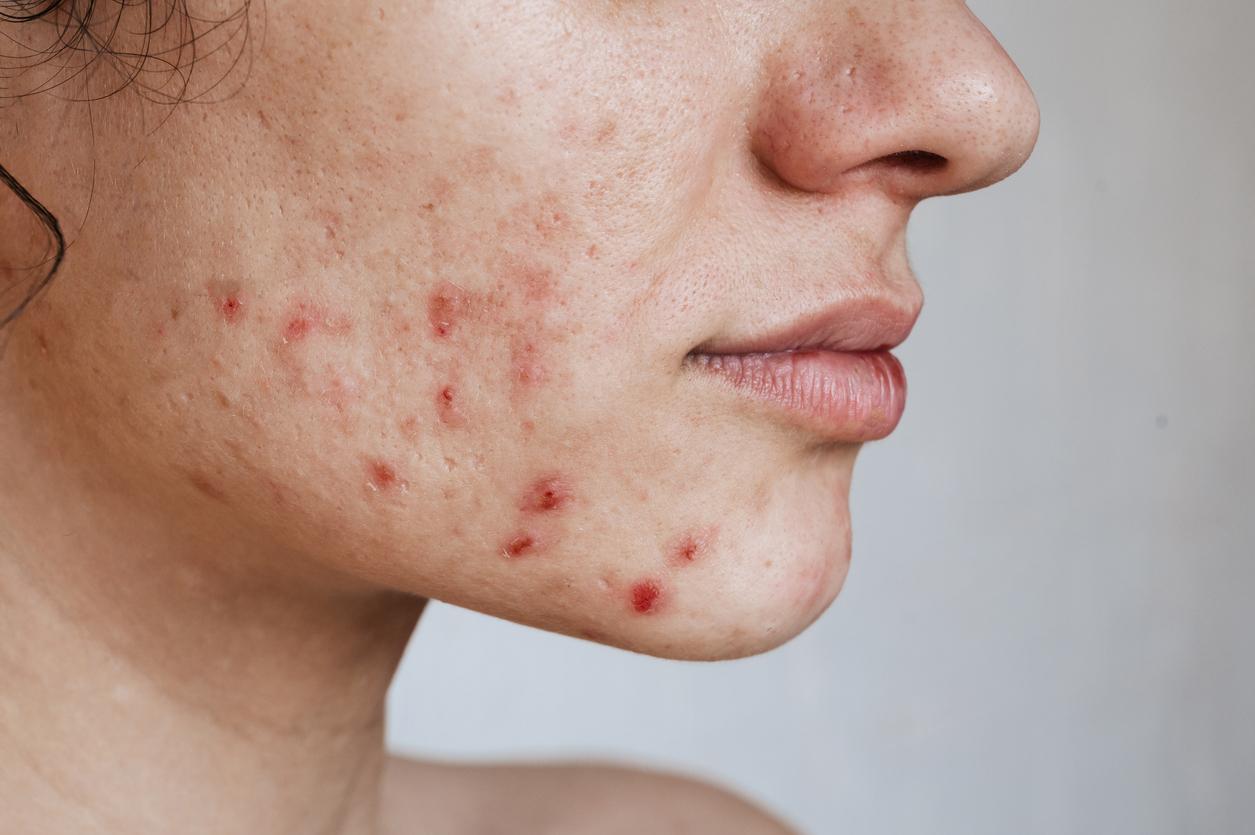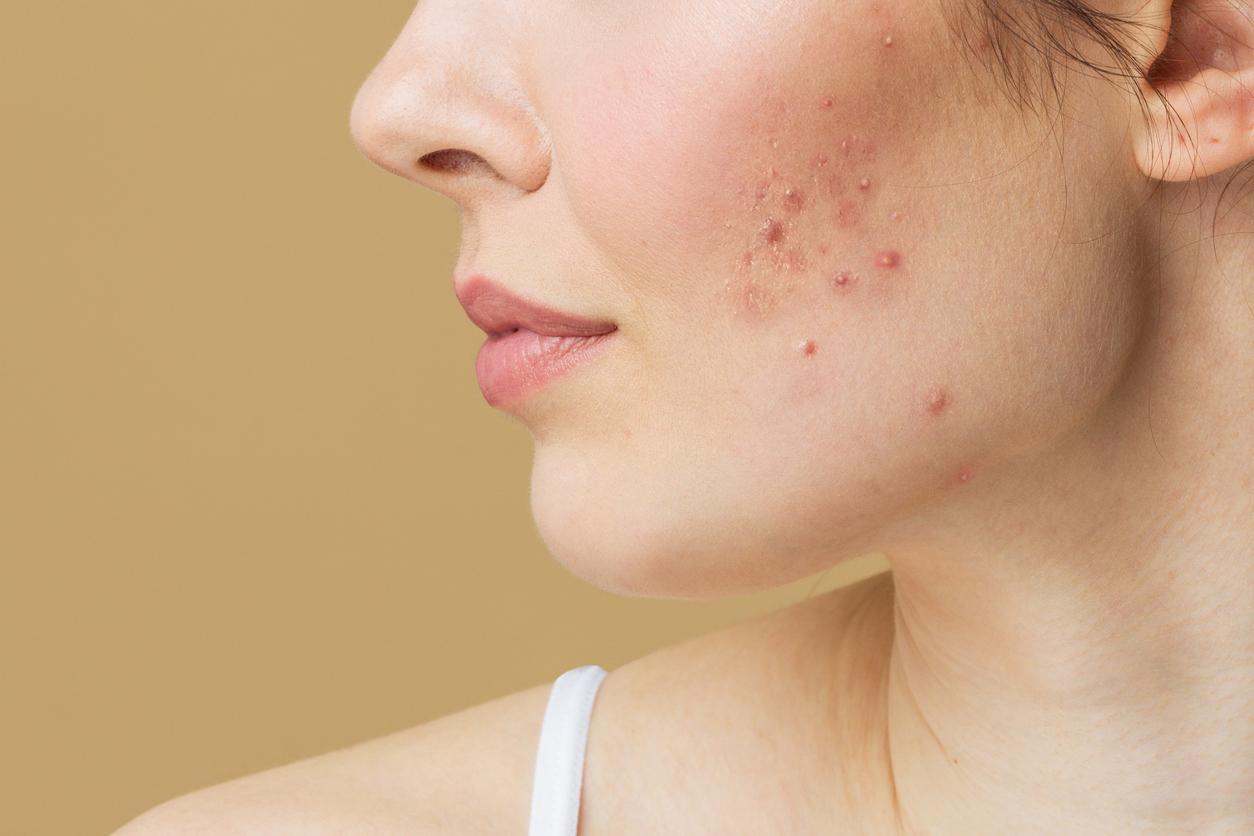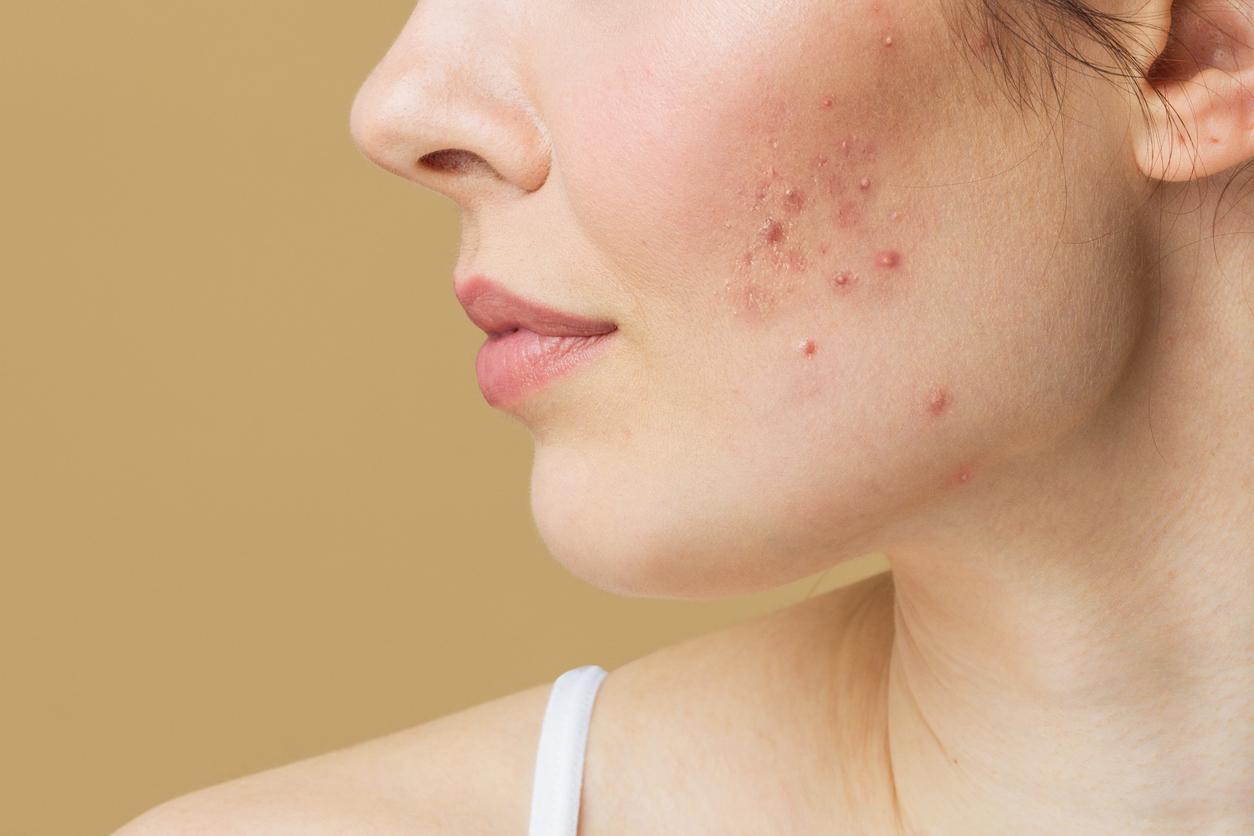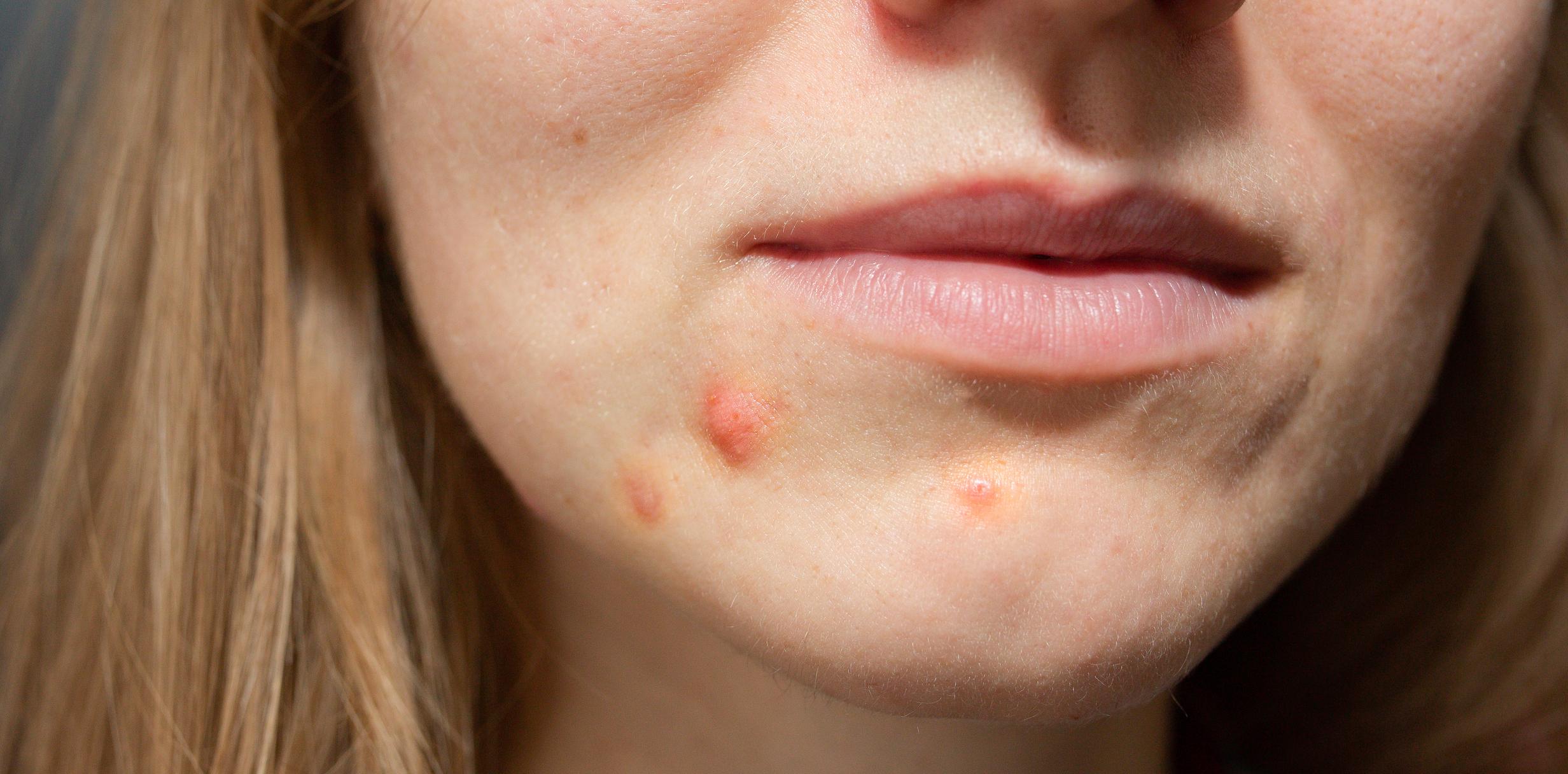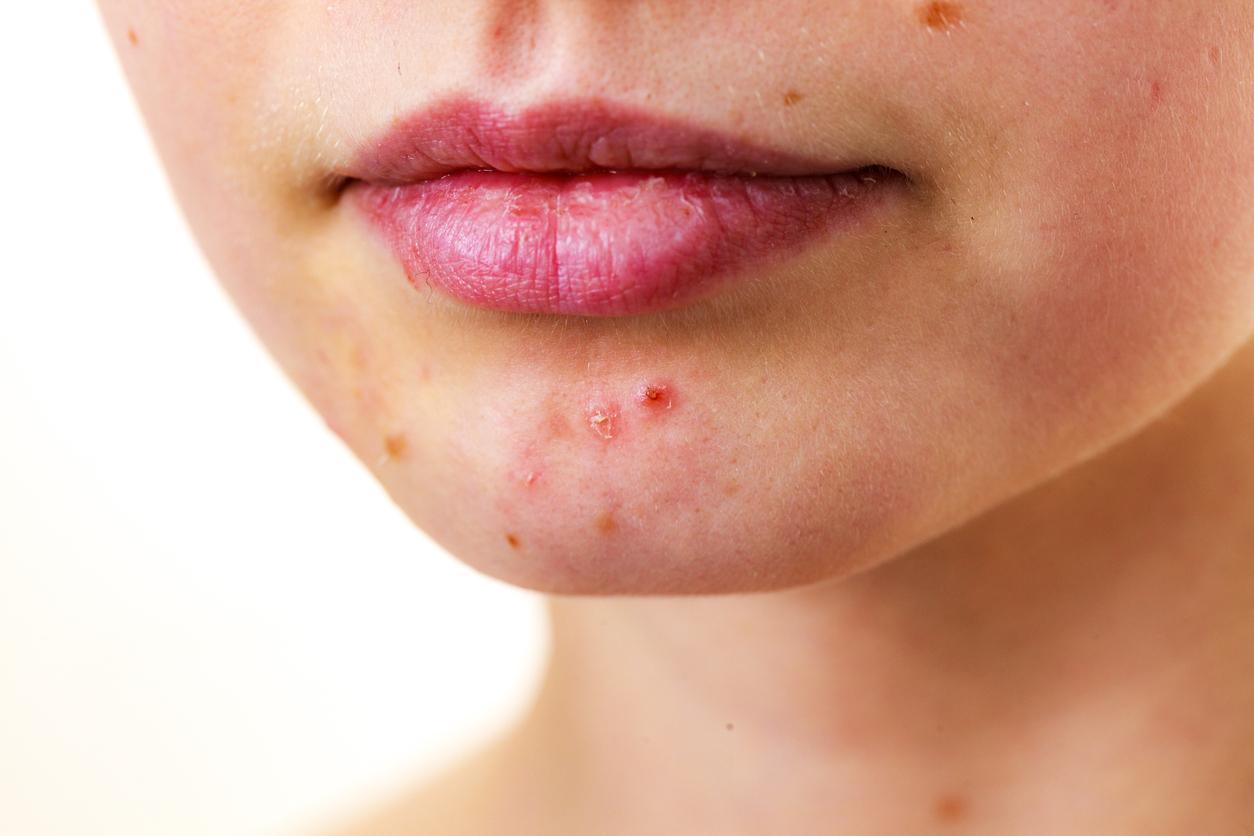Creams containing benzoyl peroxide, antibiotics, oral contraceptive, isotretinoin (a derivative of vitamin A): not always easy to navigate among the various acne treatments. Especially since some have been the subject of alerts, and others have generated concern. This is why the French Society of Dermatology (SFD), in association with the High Authority for Health (HAS) updated its treatment recommendations in 2015, recalling that acne is not a superficial condition and that It must be taken care of in two major situations:
- if the acne is severe and there is a risk of scarring.
- whether acne, regardless of its severity, has a psychological impact on the adolescent (relationship difficulties, mood disorders or even depression) and that it interferes in his relationship with others.
Consider patient preferences
The recommendations update those of 2007 and insist on the need to adapt the treatment both to the severity of the acne and to the preferences of the patient. “This is particularly important because no treatment is immediately effective. It takes a few weeks before an improvement is obtained and only good follow-up of the treatment is a guarantee of its success. However, to date, only one patient out of two is following the treatment prescribed to him” explains Professor Marie Aleth Richard, dermatologist at the Marseille University Hospital and president of the SFD.
Less room for antibiotics
Due to their modest efficacy and the emergence of strains of antibiotic resistant bacteria, antibiotic therapy is limited to situations where it is necessary. And in accordance with its restrictions for use, minocycline (a cyclin family antibiotic) is not still not indicated in the treatment of acne.
Diane 35: yes but in 3rd intention
New data concerning the risk of venous thromboembolic disease for 3rd and 4th generation pills have led dermatologists to prescribe second-generation contraceptives containing levonorgestrel as first-line therapy and norgestimate as second-line therapy. “But you cannot prescribe a contraceptive to a woman who does not need contraception or this type of contraception. The choice must be a shared decision” insists Professor Bernard Guillot, dermatologist.
As for the anti-acne Diane 35 and its generics (which also have contraceptive properties), it should only be prescribed only as a last resort if acne persists despite a well-conducted dermatological treatment, and in consultation with a gynecologist.
Isotretinoin: for severe and very severe acne
For very severe acne, if there is a significant risk of scarring, the dermatologist may prescribe isotretinoin (better known under its former marketing name Roaccutane) as first-line treatment. In case of severe acne, isotretinoin can be offered if necessary as a second-line treatment before the end of the first three months of treatment. It is this treatment that the young Eliot, 15, takes in the new episode of season 3 of Nina broadcast this evening on France 2.
The first prescription is reserved for the specialist. Renewal is possible by the general practitioner.
As this medicine can cause serious malformations in the fetus, patients must take effective contraception and take a pregnancy test within 3 days before the first prescription. This test must be repeated each month, within three days preceding the monthly prescription of isotretinoin and up to 5 weeks after stopping treatment.
Whether the risk of depression in adolescents is related to treatment with isotretinoin or to the acne itself is not yet known. However, some patients may present this risk, also it is advisable to prevent the entourage when this drug is prescribed, and to evaluate the possible changes of mood during the monthly consultation.
Read also :
Acne: when will my treatment work?
Adult acne: all the questions we ask ourselves
Acne: the right things to do








